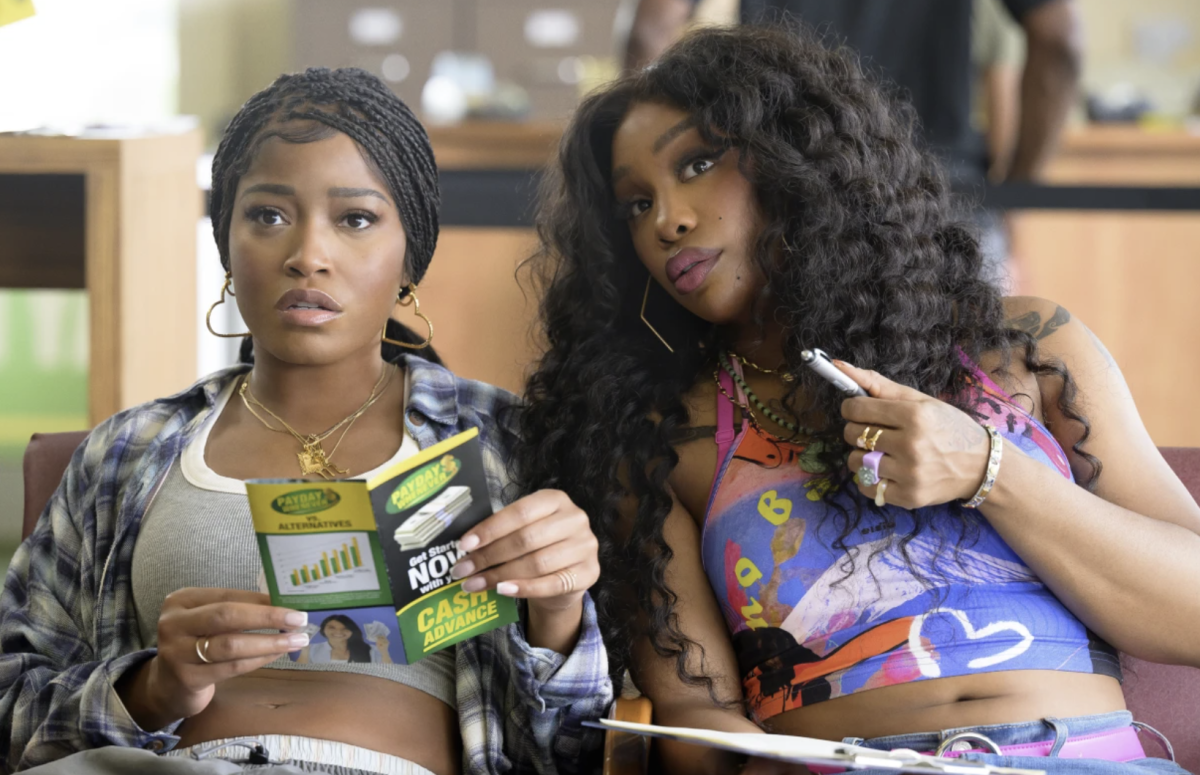Will Smith is considered one of the most successful actors in today’s Hollywood landscape, race considered or not, and he sets the bar for other black actors with his work. His son Jaden, who co-starred with his father in the 2013 action flick “After Earth,” is poised to take over a legacy of black film stardom.
But would he want to?
Take a look at Smith’s roles in “Seven Pounds,” “I Am Legend,” “Independence Day,” “Men in Black,” “Wild Wild West” and other films. Many of his characters, often unattached romantically or removed from their romantic interests, exist to aid the white protagonists. While well-acted, they are usually stock characters who use their special insight as “the other” to solve white problems.
This is true of other black actors as well: the character John Coffey in 1999’s “The Green Mile,” for whom Michael Clarke Duncan got an Oscar nomination for Best Supporting Actor, is an inmate who lives to ease the suffering of the white folks with his supernatural powers, and much is the same for Denzel Washington’s performance in “The Book of Eli.”
It establishes non-whites as the dehumanized “other,” as mystical beings with special insight and no concerns other than assuaging that of whites.
This stereotype is nothing new. The legendary Sidney Poitier, the first African-American to win a Best Actor Oscar half a century ago for 1963’s “Lilies of the Field,” is famous for it.
Playwright Clifford Mason tore down Poitier’s image as ersatz and idealized, something carefully cultivated by white Americans to ease white guilt over the effects of racial prejudice.
In a now famous 1967 piece in The New York Times, Mason coined the term “Sidney Poitier syndrome,” which he defined as “a good guy in a totally white world, with no wife, no sweetheart, no woman to love or kiss, helping the white man solve the white man’s problem.”
In “Six Degrees of Separation,” Will Smith’s con artist character, complicated but trivialized and ultimately dismissed by the white protagonists, goes so far as to claim Poitier as his father. That’s how closely this phenomenon is linked with Poitier.
Poitier’s career was not the beginning, but a continuation of this “Magical Negro” trope, which has existed as long as black people have been allowed in the media.
Hattie McDaniel won an Academy Award for Best Supporting Actress (the first African-American to win an Oscar in any category) in 1939’s “Gone With the Wind” for her role as “Mammy,” the sweet old caretaker of Vivien Leigh’s Scarlett O’Hara.
McDaniel was the first black woman to sing on an American radio station and the first African American, male or female, to win an Academy Award. She worked as a comedian, singer-songwriter and performer in radio, television, stage and film. Her film career includes about 300 films, although she is credited for only a third of that. She also has two stars on the Hollywood Walk of Fame.
All of that, and her greatest claim to fame is playing a black maid running behind a white woman and cleaning up her messes. Sound familiar?
2011’s Academy-Award-winning “The Help” was carried largely by black actresses Viola Davis and Octavia Spencer. Their characters are black maids constantly helping white women in one capacity or another.
From the polarized and supposedly happy endings for the white and black characters, to the lack of romantic partners, to their transcendentally insightful speeches, the black characters are treated like props for the white protagonists, completely desexed and dehumanized.
There is certainly hope for non-whites in America. The fight for accurate representation is ongoing today in movies like “Pacific Rim” and “Fruitvale Station,” but there still are movies like “The Butler” being made.
These movies may be well-acted and may depict important periods of black history, but they desex and dehumanize black actors or actresses in order to keep the white man comfortable.
There is no justice in this treatment of non-whites in order to allow them onto the big screen. Let’s hope the next thespian generation gets it right.
Samantha Bares is a 20-year-old English junior from Erath, La.
Opinion: Black representation stunted by stereotypes
August 26, 2013







